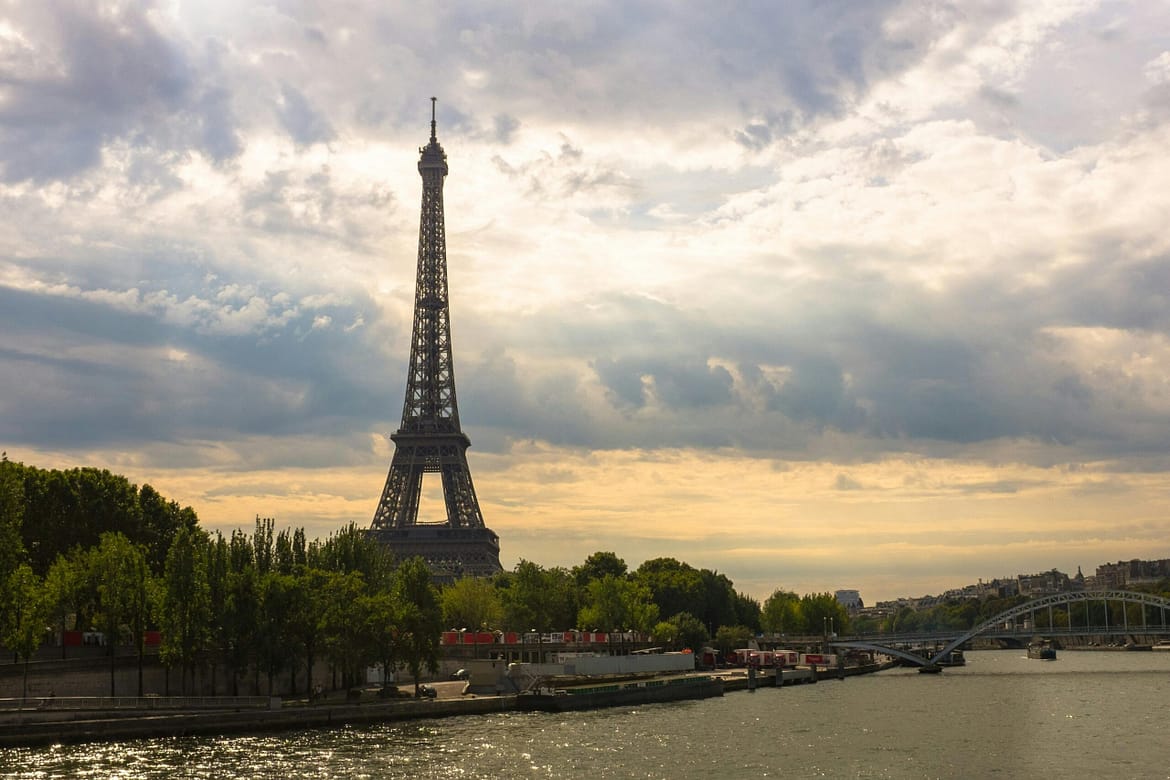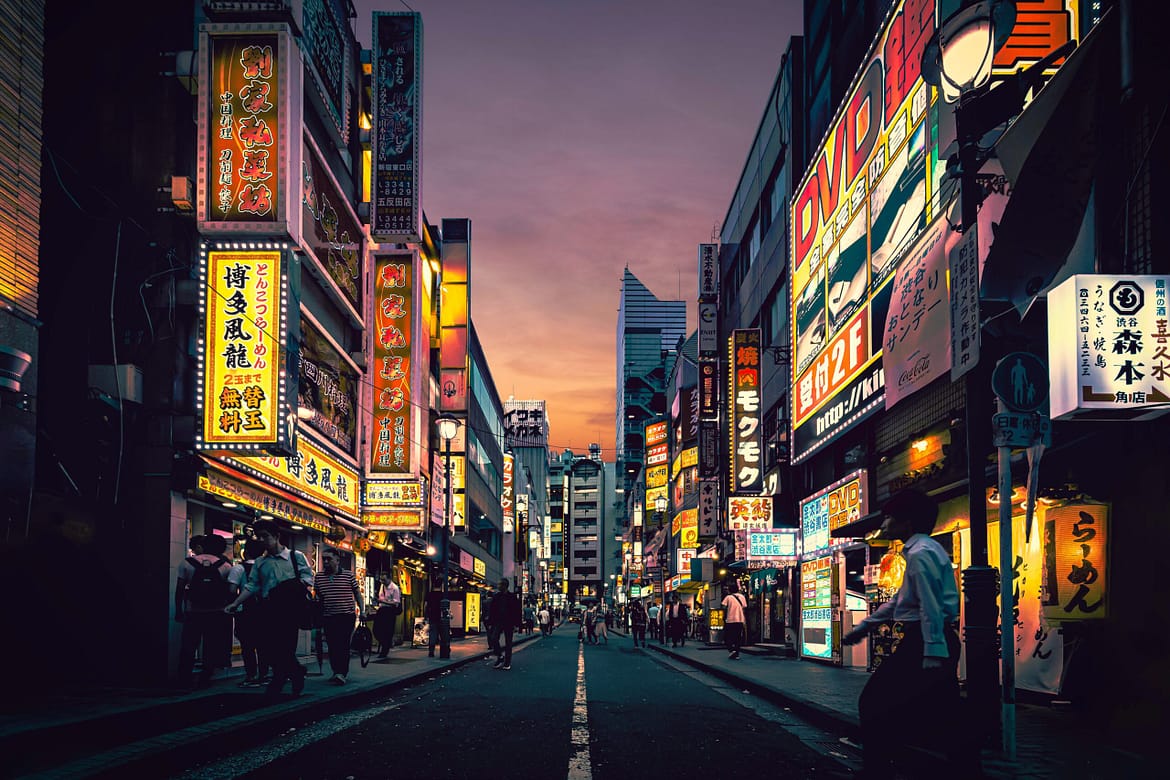olympic sex?
as a very openly genderless, liberal activist who’s also qualified at the doctoral level in psychology, i would be very remiss if i didn’t comment on the disgusting debates surrounding olympic boxing in paris. the situation is that a woman, imane khelif, completely overwhelmed her opponent, another woman, angela carini,… Read More »olympic sex?





